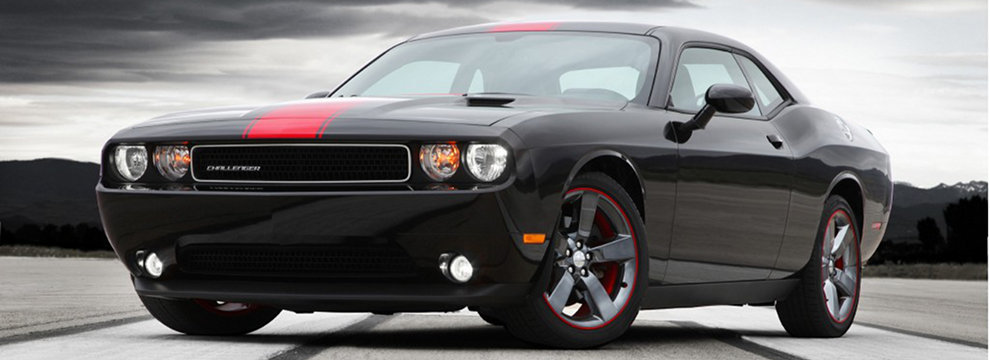
Under Coats
The better your preparation, the better the paint job. And good preparation has a lot to do with the undercoat you select. Choosing the right undercoat makes it easier to avoid blemishes and can reduce preparation time significantly.
Primers allow the paint to adhere to the surface properly. They also help reduce corrosion. There are a number of different primers from which to choose.
Primer surfacers and primer fillers are versatile and you can use them directly on bare metal. Use two coats to make sure you get full coverage. These products provide adhesion and a nice level of "build," which insures that you cover all blemishes and scratches.
Surfacers and fillers do a great job of hiding blemishes and filling scratches. They provide a high "build" but sand out easily for a fine finish. It is important to avoid spraying too many coats at one time; otherwise, the coats beneath may not have time to dry. Subsequently the paint coats could take a long time to dry. Adding a hardener to the paint before spraying make polyester spray fillers harden. Because they do not need to dry out (they harden instead), polyester spray fillers can be built up as deeply as needed. Caution: use proper ventilation and proper lung protection when working with polyester spray fillers.
Similar to polyester spray fillers, spray putties provide an even deeper build. These fillers are cellulose-based and are therefore safer to use. They should be allowed to dry thoroughly before sanding otherwise they may shrink and expose the blemishes and scratches they were meant to cover. Because they are so thick, spray putties require a powerful compressor to pull them out of the can.
Isolators form a barrier between two surfaces that are not compatible. These rather expensive undercoats can be alcohol- or water-based. Test on a small area first to make sure it does its job. Never sand the isolator and always spray a primer-filler on top within the time specified by the manufacturer.
Etch primers contain acid that eats into the bare metal surface, increasing the "hold" onto the surface. Etch primers will also help stop the spread of corrosion: if the painted surface gets scratched, the etch primers is more apt to hold and prevent the corrosion from getting into the metal.
Chip-resistant primers cut down the possibility of paint chipping on rocker panels and the like. Use also for the undersides of large flat components like hoods, where they inhibit noise and help stop rust.
Sealers are not often used today because modern paints simply don't require them. They are meant to seal in the color of the primer. Note: a sealer does not do the job of an isolator.
These are the main types of undercoats used in preparation for painting.











